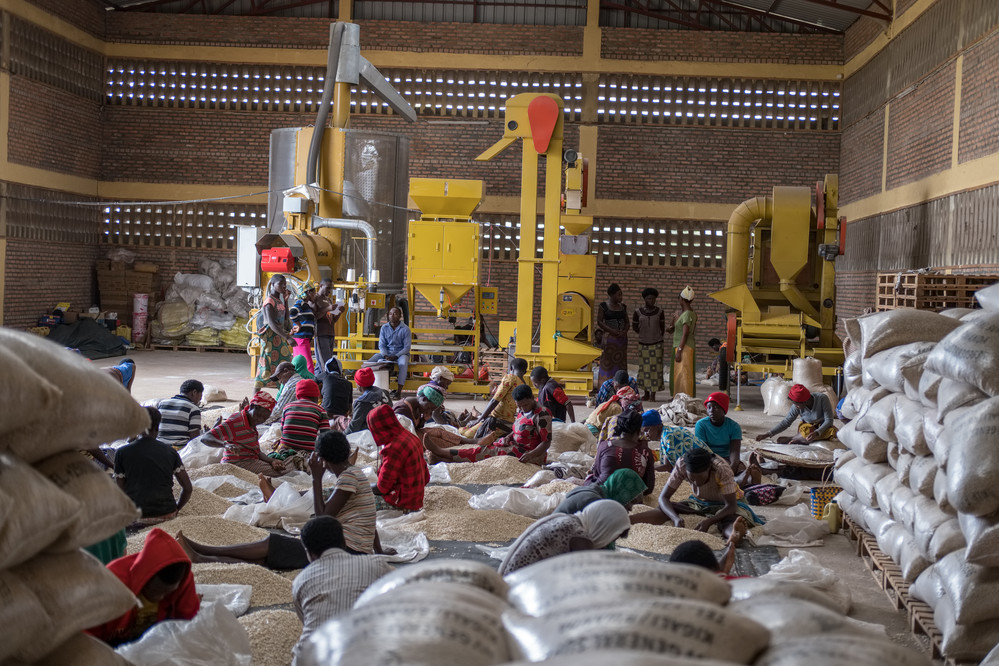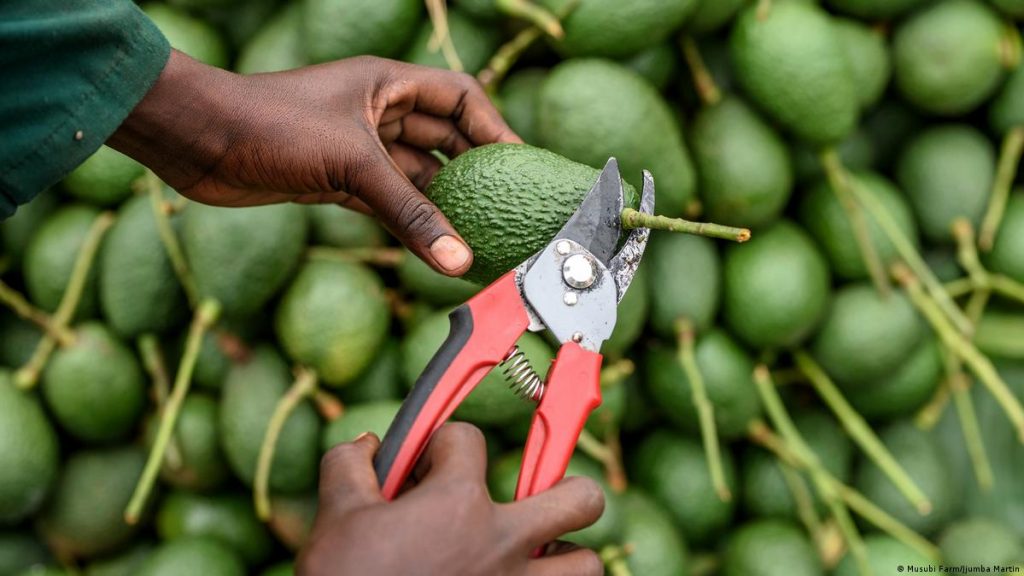USAID CATALYZE unlocks access to capital across the agricultural value chain to address food crises in Burkina Faso
More than 32 million people in West Africa are in urgent need of food assistance. This number is expected to jump to 45 million during the upcoming 2023 lean season. Across the globe, Russia’s war against Ukraine threatens food security as fertilizer exports from the world’s two largest suppliers drastically diminished. The low supply and escalating prices have put fertilizer out of reach for most small-scale producers. The impact is particularly acute in Burkina Faso, where the deepening climate crisis, enduring effects of the COVID-19 pandemic, and a deteriorating security situation threaten the fabric of the country’s food systems.

Photo: USAID Catalyze
In response to the crisis, USAID CATALYZE Finance for Resilience (F4R) — in collaboration with other USAID Resilience in the Sahel Enhanced (RISE II) projects and the USAID Yidgiri Activity — is working with communities in Burkina Faso to unlock affordable and immediate access to fertilizer for Burkinabe stakeholders across the agricultural value chain. USAID CATALYZE is also helping women to increase their incomes and savings through their investments in larger-scale productive economic activities. In the Sahel, like much of the world, women play a critical role in their families’ food security and well-being as they not only serve as the primary caregivers but also invest much of their incomes in the household.
USAID CATALYZE F4R teamed up with the USAID Yidigri Activity, which will provide deeply discounted agricultural inputs to 28 farmers’ unions active in the three RISE II focus value chains (cowpea, poultry, and small ruminants) in the three focus regions: Centre-Nord, Est, and Sahel. The subsidy program aims to fund up to 50% of the price of agricultural inputs purchased from selected agro-dealers, enabling the producer union members to access inputs at pre-crisis prices. Once the unions have a clear understanding of their input needs and the input costs from the agro-dealers, CATALYZE’s partner Financial Facilitators and Financial Institutions will help mobilize private capital for agro-dealers, cooperatives and individual farmers who are members of the unions participating in the subsidy program.
CATALYZE is also working with animal feed manufacturers to sell animal feed for small ruminants — sheep and goats — to agro-dealers and producers on credit. This pivot in promoting supplier credit will help to increase supply and lower prices of livestock feed for small ruminants, which many low-income households depend upon for food and income.
To help further reduce food security risk, USAID CATALYZE is working with established women’s Savings Groups (SG) in the focus regions to test the impact of capital injections to increase their access to credit to build resilience and wealth. Based on the results of a similar initiative in Malawi, CATALYZE F4R expects the women’s saving groups to use capital injections to invest four times more in agricultural and other income-generating activities to substantially increase profits. In turn, the increased profits can help the savings group members to diversify into other income-generating activities to improve household incomes and withstand shocks, such as the ongoing food crises.

Photo: USAID Catalyze
Launched in September 2020, USAID CATALYZE F4R increases financing to support capital investments in the agricultural sector and in youth-led enterprises in Burkina Faso and Niger. CATALYZE F4R is part of the larger USAID CATALYZE project.
About USAID CATALYZE
USAID CATALYZE, implemented by Palladium, is an 8-year program designed to mobilize $2 billion in private capital for development impact, especially in underserved social sectors and frontier markets across the globe, complemented by a cross-cutting inclusion of gender-lens investing. CATALYZE supports blended finance solutions working with local and international businesses and investors to explore and find commercially viable opportunities and approaches to creating jobs, developing sustainable social services, tightening and rationalizing supply chains, and advancing inclusive growth. We work across 28 countries in Asia, Africa, Europe, Latin America, and the Caribbean, with 190 partners, including financial institutions, business advisory service providers, anchor firms, and job trainers.
This article was originally published by USAID CATALYZE

